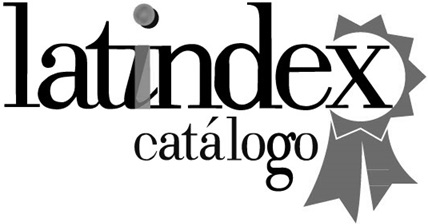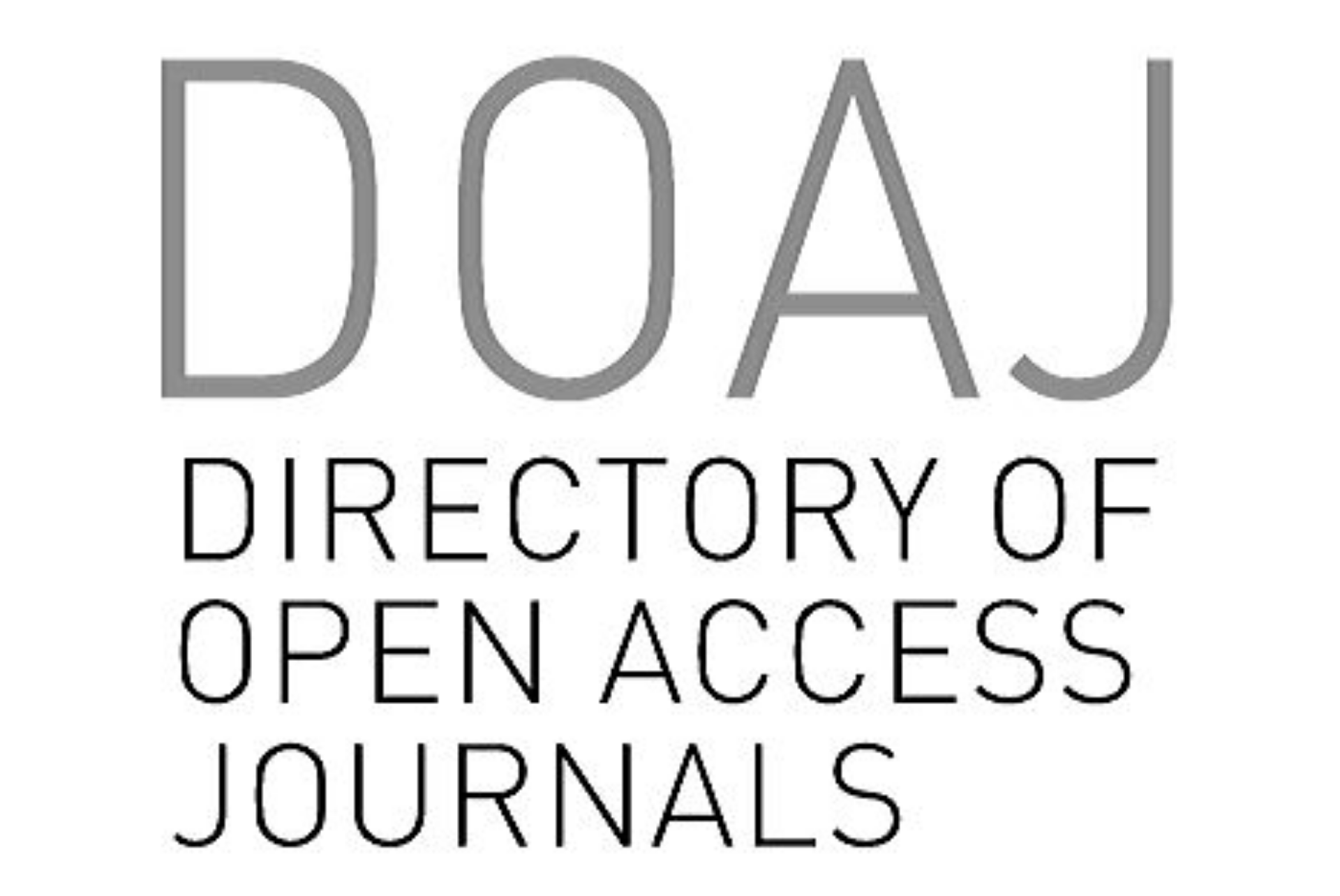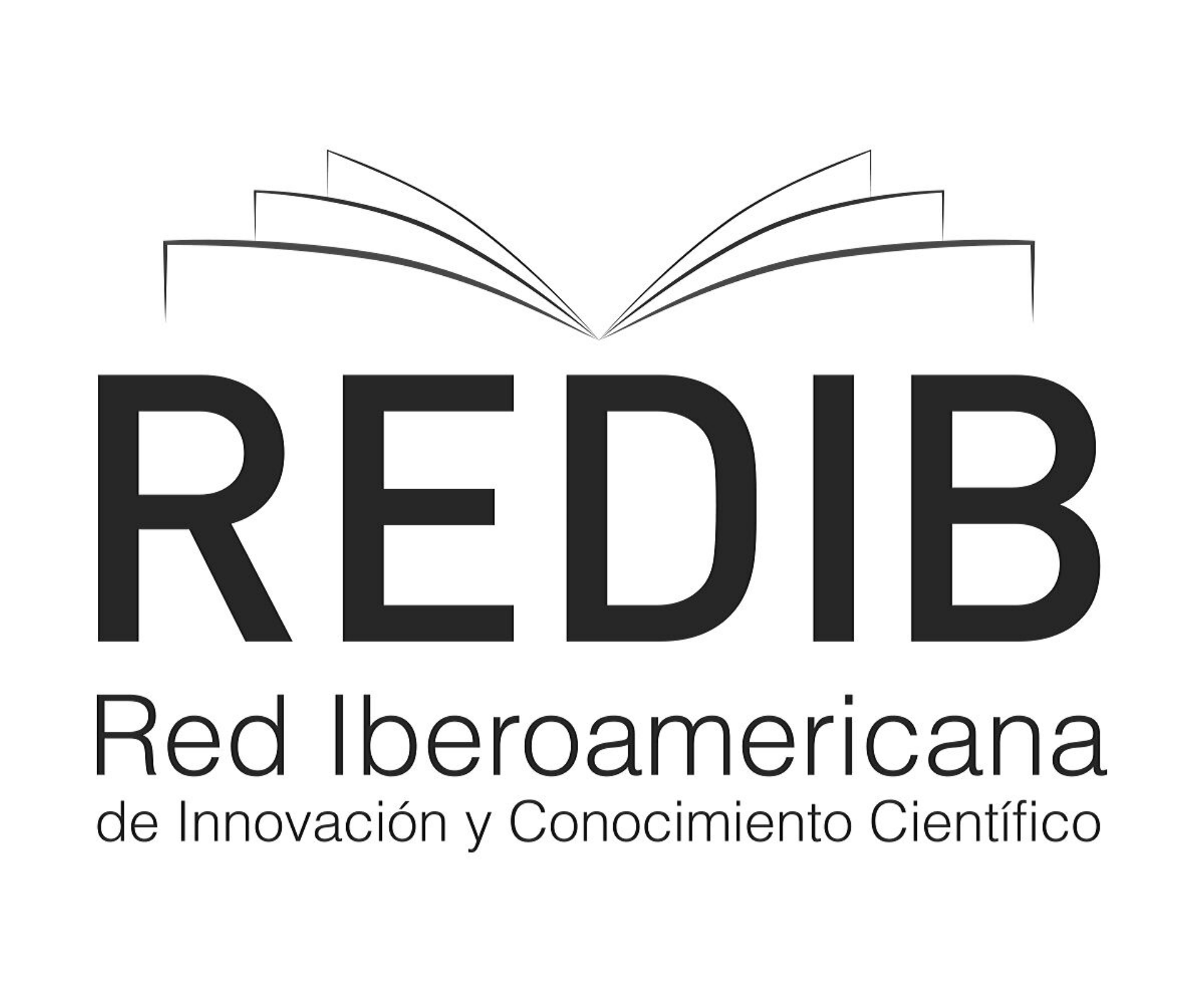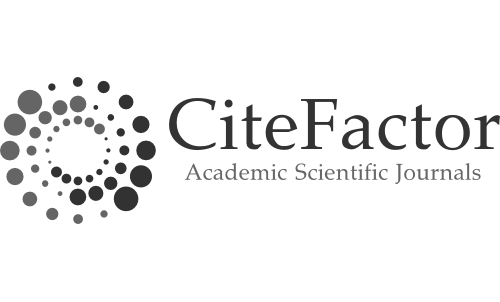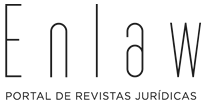Subversive Moments: Challenging the Traditions of Constitutional History
DOI:
https://doi.org/10.21708/issn2526-9488.v6.n12.p59-79.2022Abstract
The text explores the theoretical and methodological developments of the course “Gender and Constitutional History”, taught and created by professors Patricia A. Cain and Linda K. Kerber. There are two moments, one on a historical survey of courses in Gender and Law and the like; the other, with analysis of cases used in the course taught, always having as a background the intersections between history, Constitutional Law and feminist struggles. The first, Coger vs. North West Union Packet Co; the second, Coggeshall vs City of Des Moin; finally, Green vs Shama. When revisiting the history of the feminist movement, having Law and its nuances as an object, the authors found findings on the concealment of elements of feminist history. In addition, the text has an accentuated pedagogical character because it is always crossing theoretical findings with student feedback and classroom experience with the course. It also serves as an incentive for more courses in this style to be taught. Once, exploring the constitutional history of feminism has proved to be a very effective (and reproducible) way to be subversive. The work was published in 2002, but remains extremely current
Downloads
Published
Issue
Section
License
Copyright (c) 2023 UFERSA's Law Review

This work is licensed under a Creative Commons Attribution-NonCommercial-NoDerivatives 4.0 International License.
Ao enviarem seus artigos, os autores concordam com os seguintes termos: 1. Cede-se à REJUR, gratuitamente e sem regime de exclusividade, seus direitos autorais; 2. Confere-se à REJUR os direitos de primeira publicação, permitindo-se o livre compartilhamento dos artigos veiculados em formato PDF; 3. Divulgações posteriores em periódicos, livros, obras coletivas ou eventos de qualquer natureza devem fazer referência à REJUR como meio de publicação original; 4. Os autores são responsáveis pelo conteúdo constante de seus textos; 5. o trabalho será licenciado também sob a Licença Creative Commons Atribuição-NãoComercial-SemDerivações 4.0 Internacional.




